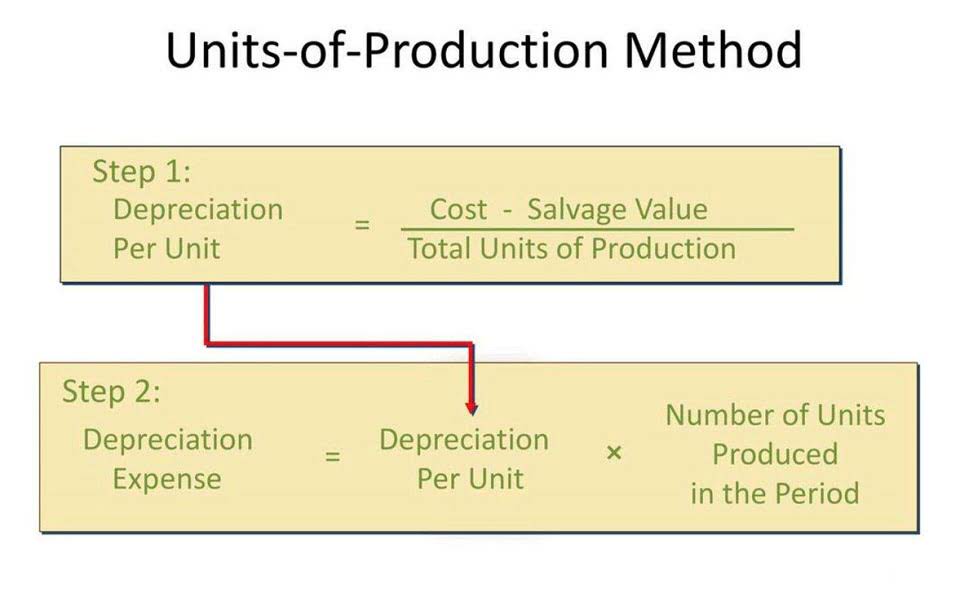
On top of that, you can also manage your unpaid invoices and accounts payable processes within Juni, bringing your financial admin under one roof. Invoice financing and factoring arrangements have become increasingly popular among businesses over the last few years. With bank loans harder to come by, invoice financing allows businesses to unlock the cash tied up in their outstanding invoices without having to take on long-term debt. The financing company takes over collecting and processing payments from your customers or clients. After the financier has recovered the amounts due, they will forward the remaining funds to the business, deducting a nominal service fee. Invoice factoring is a form of invoice finance where you bring your B2B accounts receivable to a financing company.
Merchant Cash Advance
The invoice financing company approves the invoice and provides you with a cash advance of 90% of the invoice ($45,000). Your customer pays the $50,000 invoice in three weeks, so your total fee for the advance is $1,350. Once you receive the customer’s payment, you repay the lender the money you borrowed plus fees ($46,350) and keep $3,650.
What are the benefits of spend management software?

The price of expense management software varies depending on the size of your business and what industry you operate in, as this will impact which platform you choose. Prices range from as low as £7 per month to almost £100, and some spend management systems also offer free plans to certain users. While it’s not specifically expense management software, you can use the platform for your spend management needs.
What is the difference between invoice discounting and factoring?
All this supports your working capital ratio, lifts uncertainty regarding your cash flow, and secures your company’s ability to grow. The information in this guide can help you make your decision, but ultimately, you need to factor in considerations about your business and its needs when choosing a platform. Here are three things you can do to ensure you’re choosing an ideal solution.
- By offering timely access to working capital, invoice financing companies help businesses maintain operations, manage growth, seize opportunities, and avoid the pitfalls of late payments.
- Adam Hayes, Ph.D., CFA, is a financial writer with 15+ years Wall Street experience as a derivatives trader.
- Suppose company A has receivables of $5000, which is due in 90 days from the customers.
- Electronic records also allow you to search and sort transactions easier by number, date, goods, or client.
- For example, simply upload or email an invoice, and the software will automatically extract details and populate fields for your approval.
Juni helps businesses in digital commerce manage their cash flow, track their expenses and optimise their profits with features that are specifically designed with ecommerce companies in mind. While you can manually manage your accounts payable process, this approach can be time-consuming and error-prone. A better way to keep track of accounts payable is by using specialised accounts payable software that tracks and pays your invoices for you. Juni’s platform for ecommerce entrepreneurs comes with automated accounts payable features that can help you run simpler, tighter and more accurate financial admin. With Juni, it takes just seconds to auto-collect, pay and even finance your invoices.
Best Invoice Financing Companies

Invoice financing is a vital tool for businesses seeking to improve cash flow. It accelerates the financial cycle by providing upfront funds against unpaid invoices. While it offers immediate liquidity and streamlined approval, it comes with costs. Although traditional business loan requirements may not be as important with invoice financing, it’s very likely that lenders will look at factors like https://www.bookstime.com/ your credit score, time in business, and annual revenue. In this case, as with all types of financing, the stronger your business’s qualifications, the more likely you are to access invoice financing with the most ideal rates and terms. To qualify for invoice financing, you generally need to have accounts receivable from creditworthy customers that have a history of paying invoices on time.
Instead, the invoice factoring company will likely charge a factoring fee to your B2C client, which is a percentage of the invoice amount. Next, you’ll submit a copy of the $5,000 unpaid invoice to an invoice factoring company. The company then assesses the invoice and provides you with a percentage of the invoice financing definition invoice amount as a cash advance. A trade credit insurance policy also gives peace of mind to your finance partners. Your bankers and other lenders (including those providing invoice financing!) can be reassured about the financial stability of your company, and more inclined to guarantee financing.

Traditional Invoice Financing
- This financier then provides you with a substantial portion (typically up to 85%) of the invoices’ value immediately in exchange for a small fee.
- The invoice will typically describe the purchased items and other important information, such as the shipping weight and transport charges.
- In this article, we provide an invoice finance definition and explain how it can help you improve your working capital and safeguard your cash flow.
- Invoice financing does not eliminate all risk, though, since the customer might never pay the invoice.
- SME invoice financing is one of the non-banking funding sources which are filling the need for capital for smaller businesses or new businesses without a long track record.
The company purchases the invoice and sends you 85% of the value upfront, $42,500. In total, you received 97% of the invoice value — $48,500 out of $50,000 — and the invoice financing company received $1,500 in fees. Octet provided a $2 million invoice finance facility and the cash flow injection helped the company increase its revenue significantly.
With invoice factoring, you sell your outstanding invoices to a factoring company at a discount. The company gives you a percentage of the invoice amount up front and then assumes responsibility for collecting the full amount from your customer. Once the customer pays the invoice to the factoring company, you receive the remaining balance minus a factoring fee that is withheld by the factoring company. Invoicing financing is a type of short-term small business financing where companies leverage their unpaid invoices to access immediate cash. Instead of waiting for customers to settle their bills, the business uses these outstanding invoices as security to obtain a loan or credit line. Essentially, it’s like getting an advance on money owed by customers, which can help businesses address short-term cash flow needs without having to wait for payment.

